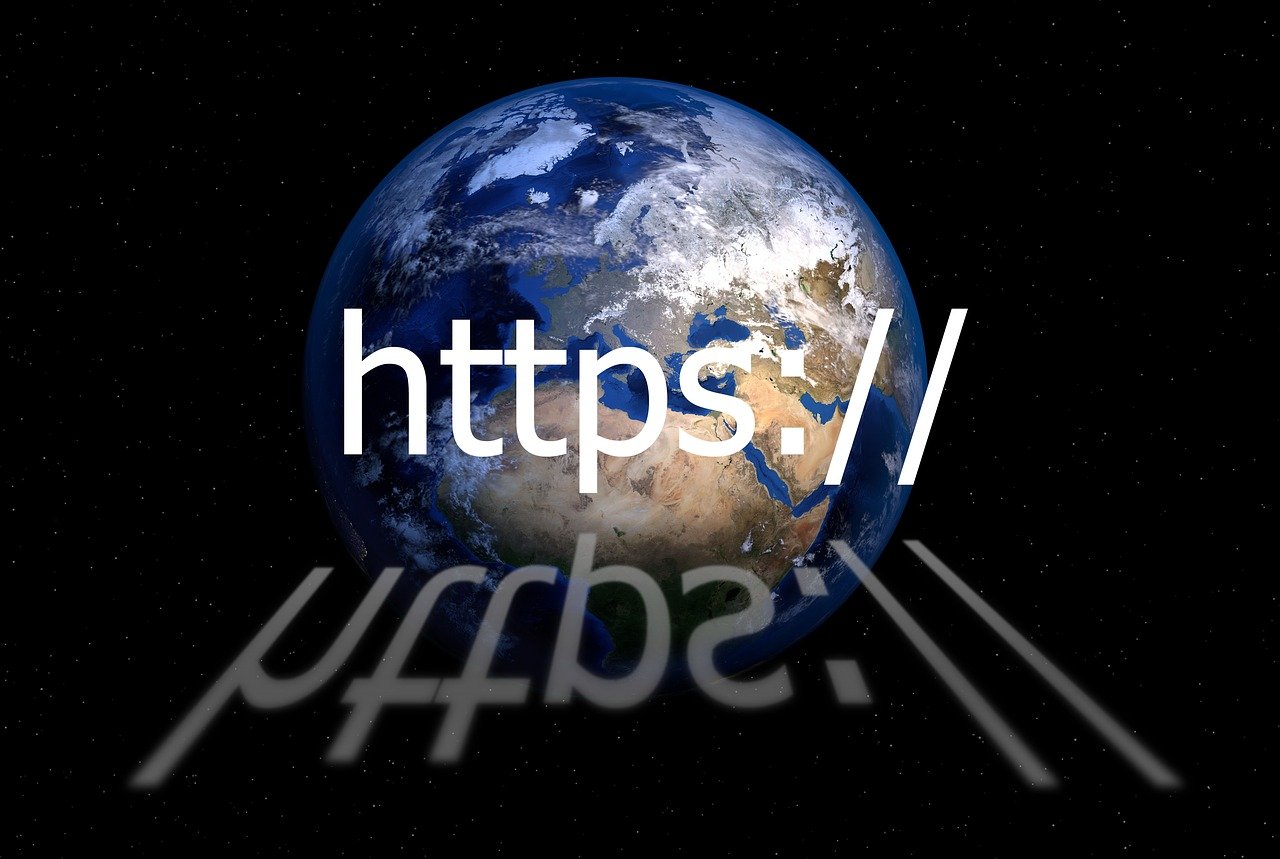When you visit a website, the prefix for the address is either HTTP or HTTPS, but what is the difference between the two?
When a website is prefixed with HTTPS, it means the connection to the website is secure. You can verify that secure connection by looking at the lock icon in your browser that is next to the address bar. If the icon is locked, it means you are using a secure connection.
If the lock is open or there is another message there, it means that the site is not secure. This means hackers can potentially intercept any information you provide on the website. Including login credentials and credit card information if you make a purchase there.
Internet security is something that everyone wants, especially with as much information as we put on the web these days. More and more websites are moving from HTTP to HTTPS because they want to protect the information of their users. Once a data breach occurs, that can destroy a site’s reputation forever.
Here, we will further explore the role of HTTPS in a website address. Learn how it plays a role in your search engine optimization (SEO).
The Problem with HTTP
When you type a URL into your browser, the browser gets the IP address from the site. That is the actual address that the site receives. Your browser then connects to that number, taking you to the site you entered. All of this is done in plain sight, and anyone can intercept this because there is no encryption. When you log onto a site through an HTTP connection, your username and password are sent in plain text, meaning it can be easily found by hackers.
For example, if you are using Google Analytics for your HTTP site, the referral source for traffic appears as direct traffic. You can see the URL they came from. If you are using HTTPS, you do not see the referring URL, just that it is traffic.
On the other hand, HTTPS encrypts the connection between your browser and the site to ensure that hackers cannot intercept the data you send between the two.
SSL Certificate
When you want to secure your site, the site needs an SSL certificate. When your browser connects to a site, it will look for the SSL certificate. This confirms that the website you are visiting is the one who it was issued to. You can actually see who issued the SSL certificate by clicking on the lock icon.
Switching to HTTPS
Switching to HTTPS used to be a complicated thing that could impact your site’s speed, but that is easy to manage these days. Several website hosts have features to help you get the SSL certificate easily and help you avoid any site performance problems that we used to experience to secure a site.
Currently, approximately 55% of all websites are HTTPS, and about 40% of the page one results on Google are HTTPS. It has become clear that HTTPS will be the standard prefix for sites within the next few years. The search engine giant encourages website owners to make the switch to HTTPS soon to keep data private.
How HTTPS Affects SEO
HTTPS has been something that Google looks at when they determine where to rank a site since 2014. If your site is currently not secure, simply getting that SSL certificate has the potential to give your site a slight boost right away. Having an unsecured site will get you marked down in the rankings. Google has said that if two sites are completely equal in every SEO aspect, but only one of them is using HTTPS, that is the tiebreaker. So, even if your SEO is amazing, if you are using HTTP, Google will automatically rank your site below your competitors.
Google Chrome also marks every HTTP site as not secure, which prompted other browsers to follow their lead. When you try to visit an HTTP site, a message will show visitors that the site is not secure.
Building Trust
Having a secure site is much more than just looking to improve your SEO right now. It is also about gaining the trust of future customers. When someone is looking to buy a product, and there are two sites that have it, just only one of them is secure, they are more likely to use that site. It is easy to scare away visitors. Think about it, if you are on a site and get a message that it is not secure, you are going to leave it right away.
About 84% of people will abandon purchases if the site is not secure, and another 82% will not even look at an unsecured website.
Final Thoughts
Having an HTTP site may not have a significant impact on your SEO right now, but that can change in the future. SEO rankings aside, having a secure site is better for your business overall since so many people are not going to risk spending time and money on an HTTP site if they have a more secure option. Think about it; when was the last time you were willing to give an unsecured site your credit card information? If you do not want to risk it, then do not ask your customers to.
Contact Seattle Advertising to secure your website today.





